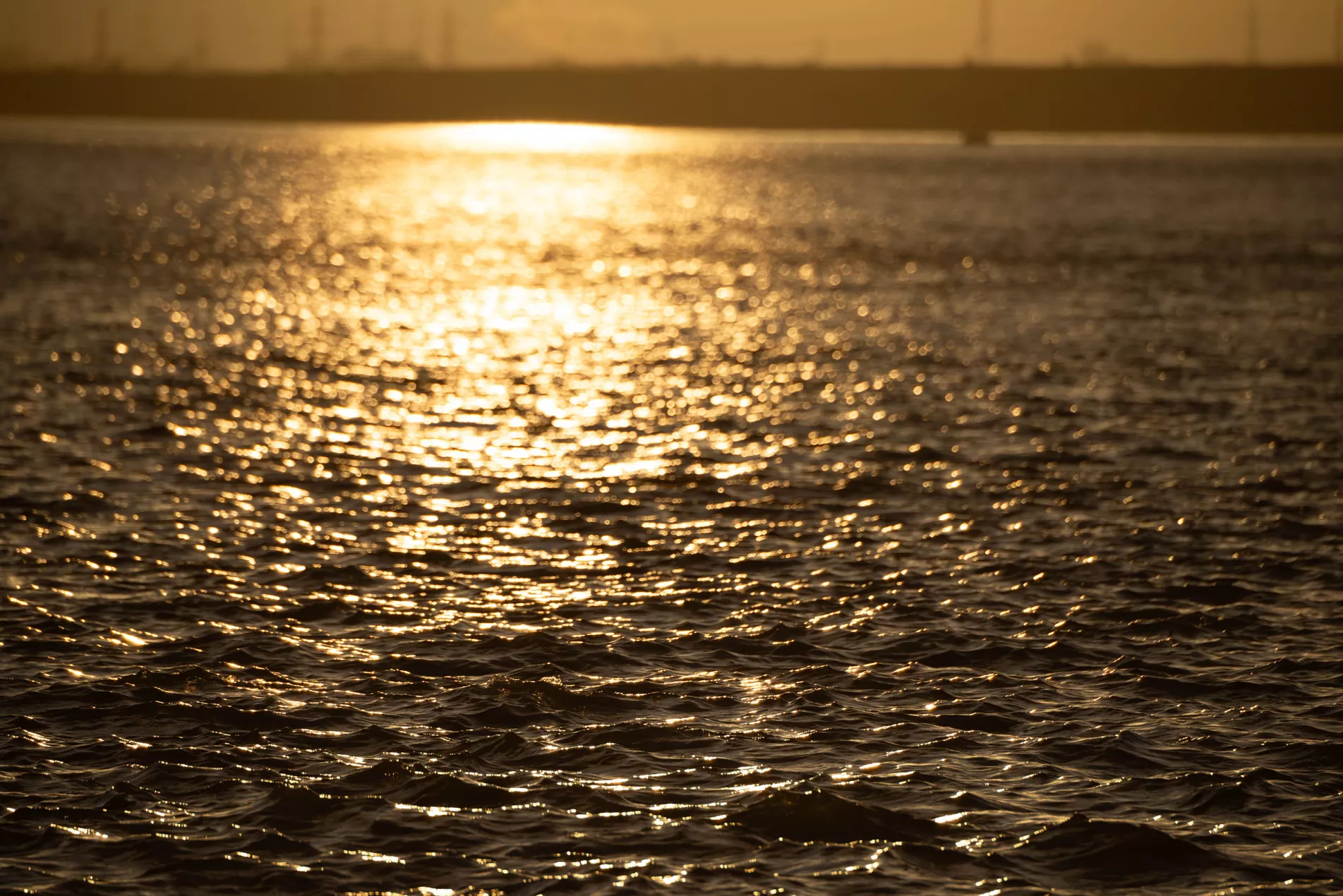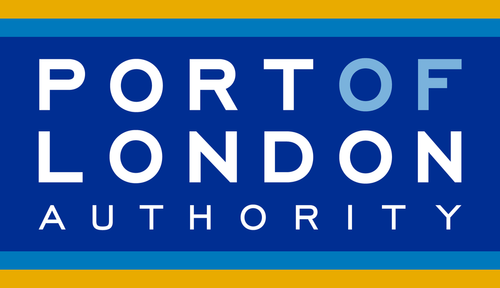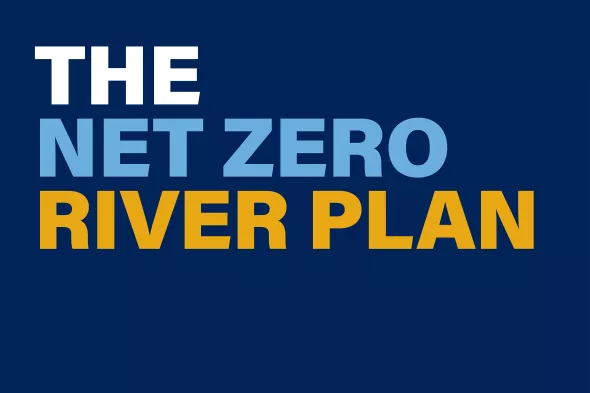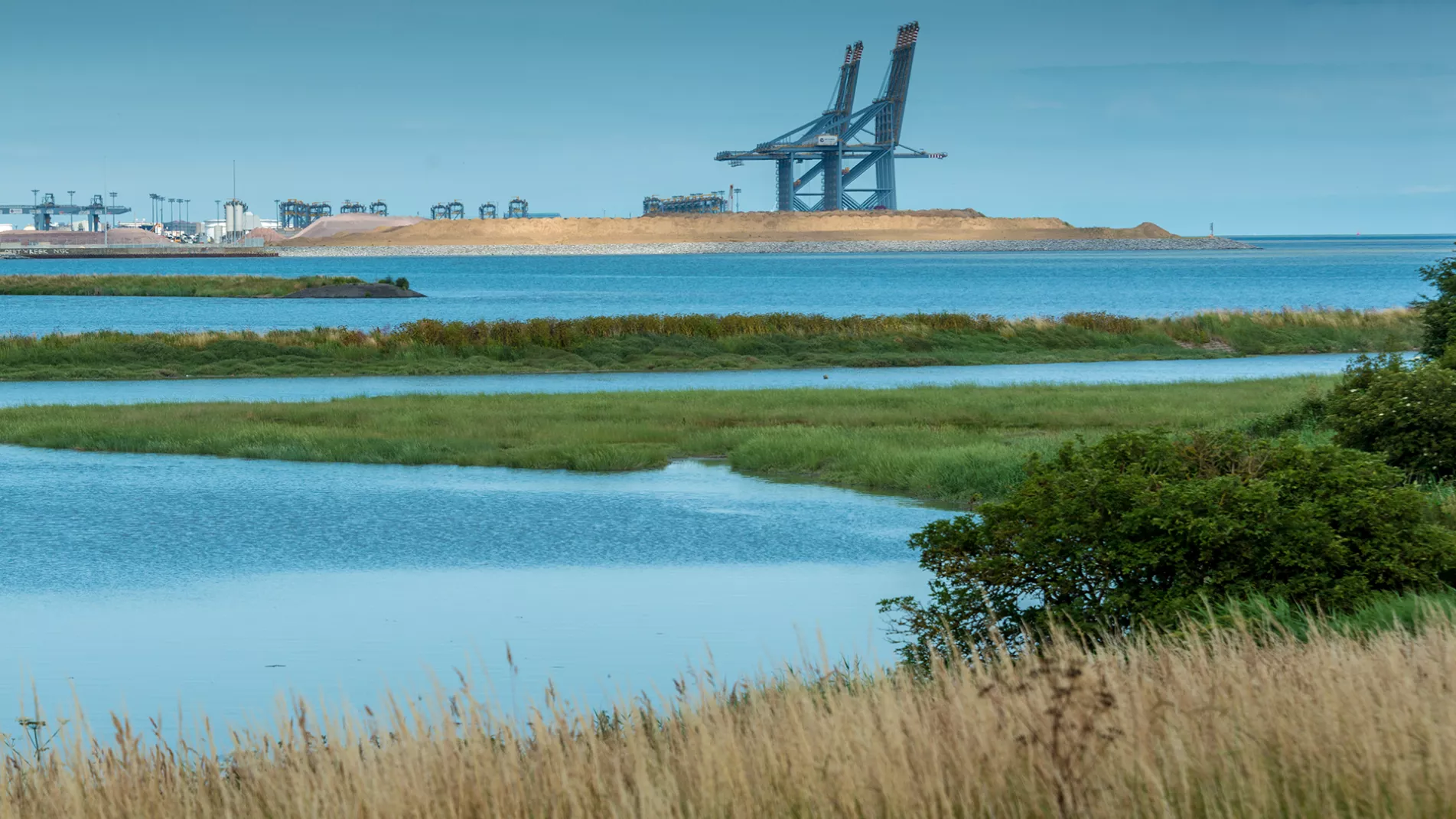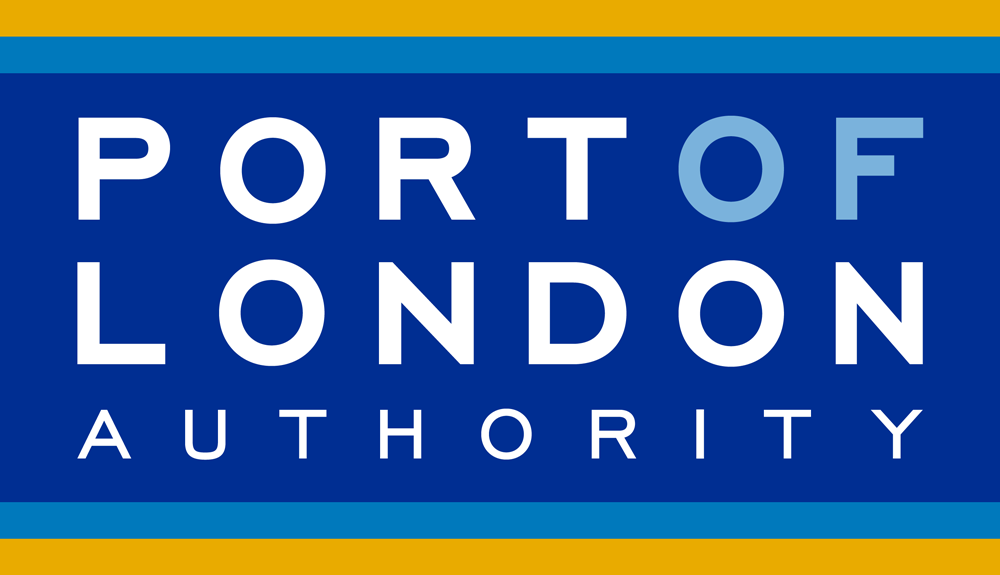Live Tides
NOTICES TO MARINERS
Charts & Surveys
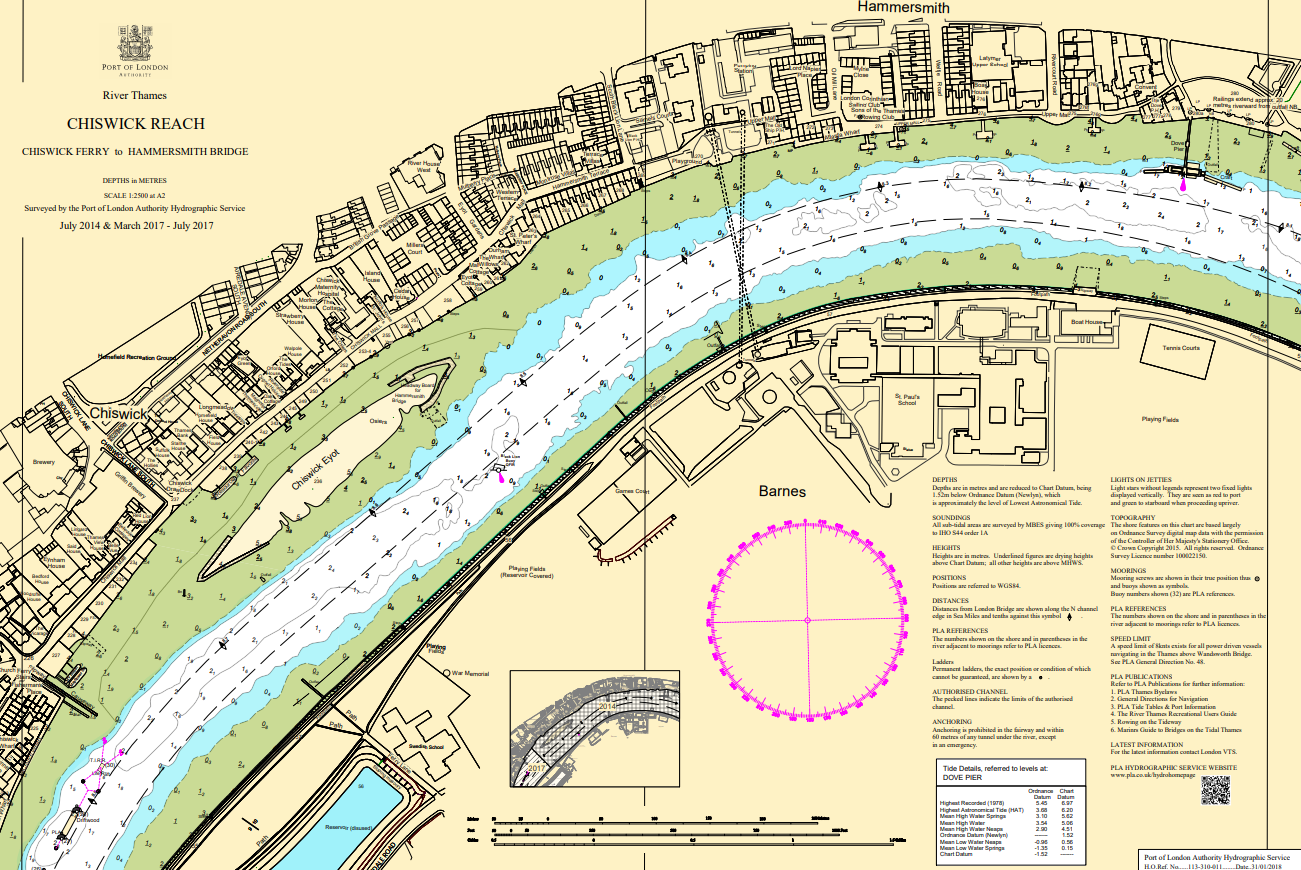
Incident reporting
Life-threatening emergencies on the river:
Call 999 and ask for the Coastguard
For near miss, safety observations and incident reporting click below
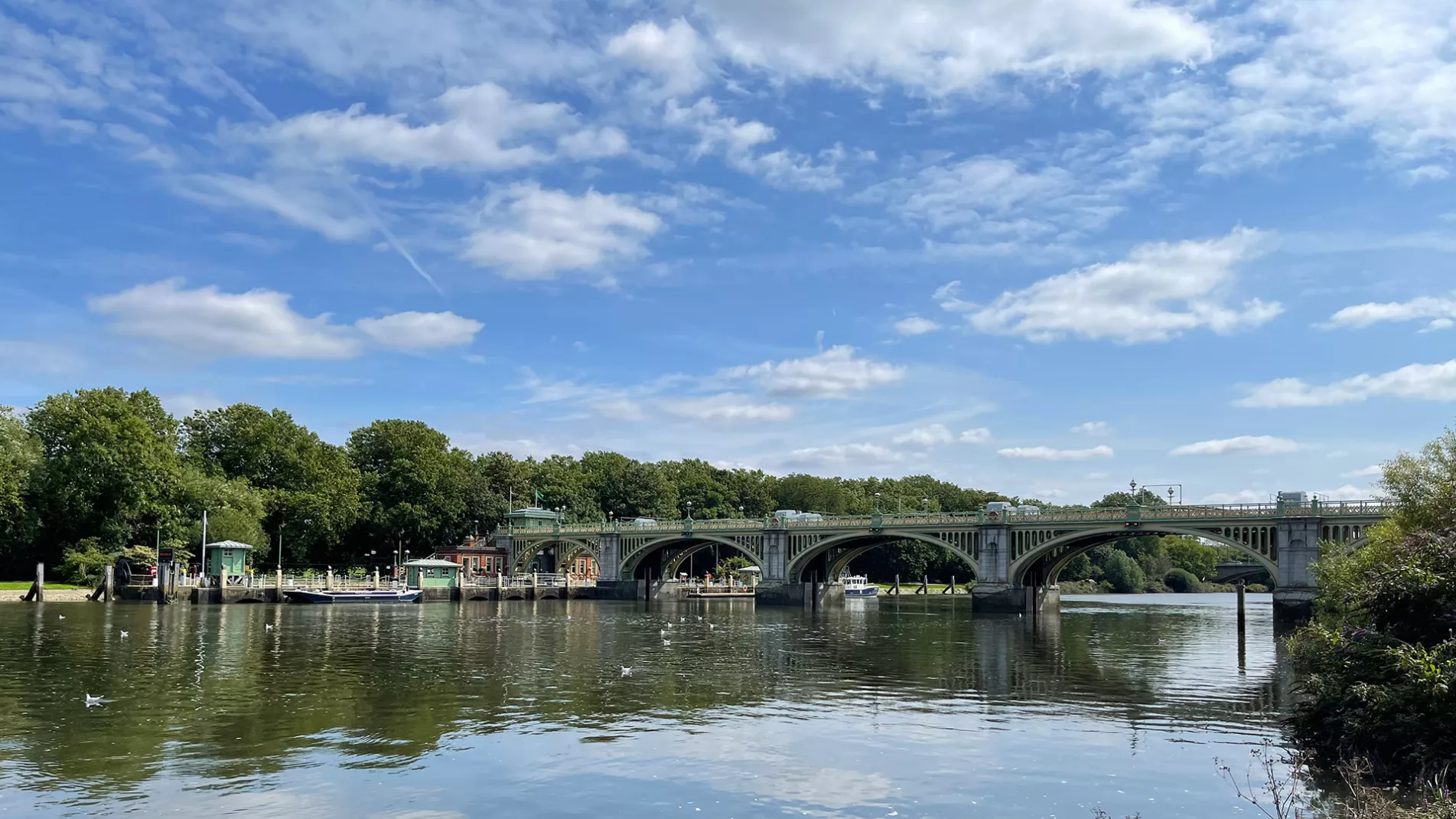
Climate change
We aim to tackle the causes and effects of climate change head-on, both through our own plans and by working with others on the river
Our commitment
We are committed to achieving Net Zero emissions in our own operations, and across our value chain, by 2040.
That means prioritising our work on reducing emissions from our vessel fleet and keeping a close eye on our building energy consumption. We are also working closely with suppliers on reducing emissions, as our biggest source of Scope 3 emissions are purchased goods and services.
We also track and measure river-based emissions from vessel operators in our port jurisdiction. Using our Maritime Emissions Portal, we can spot hotspots of emissions and work with vessel operators or terminals to reduce them.
Our progress
We set our original baseline in 2014 and halved our Scope 1&2 emissions by 2022. This was achieved through purchasing renewable energy for our buildings and transitioning to HVO in our vessel fleet. We have also invested in solar energy at many of our sites including installing a 170kWh solar array on our Denton operational site in 2023.
In 2023 we set a new baseline year, to bring in line changes to our reporting methodology. We’ve expanded our reporting to cover all our material Scope 3 emissions. While this means our carbon footprint has gone up on paper, we know that it will allow us to focus our efforts on reducing our Scope 3 impact over the next 5 years.
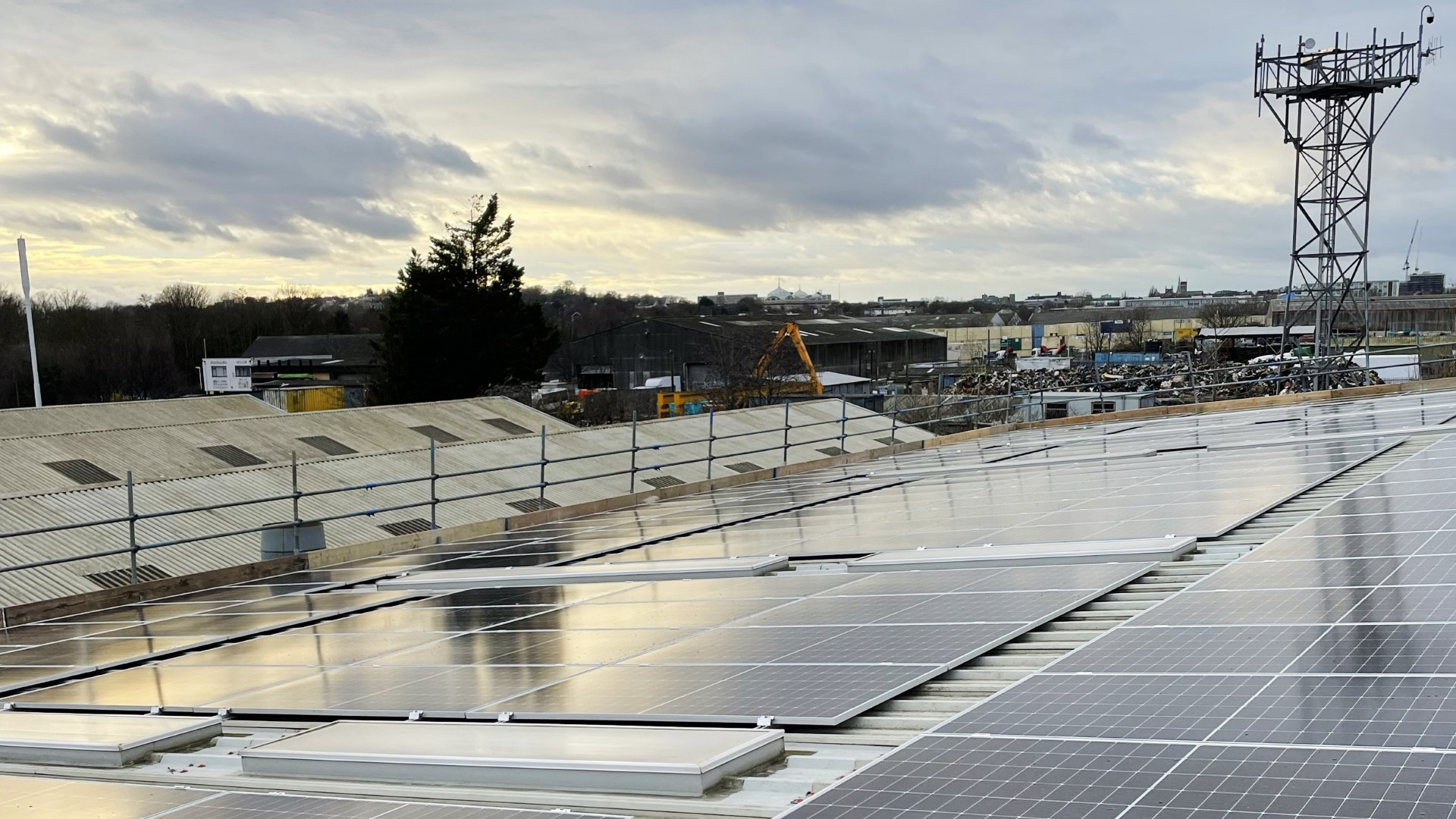
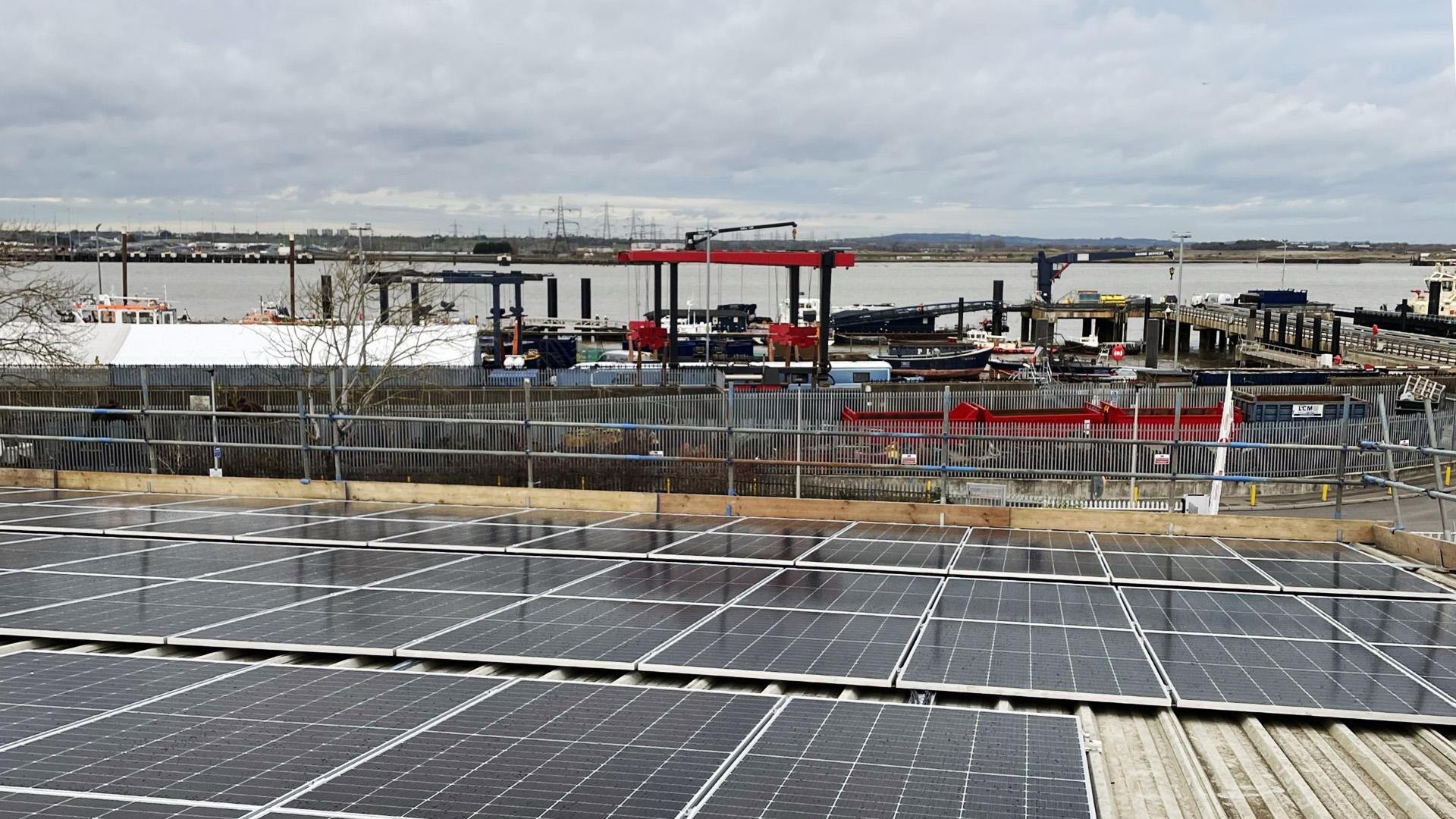
Renewables
We are supportive of renewable energy, particularly tidal and wind power, and recognise that the Tidal Thames has a vital role to play in the energy transition.
The Tidal Thames environment is well suited to local micro tidal energy generation which we are supporting through our tidal demonstrator site at Thamesmead on the south side of the river in the Royal Borough of Greenwich.
This guidance from the Environment Agency aims to help developers with applications for low head hydropower schemes.
Key & ongoing projects
A ground-breaking three-year, £2.1 million development programme -- looking at the scope to establish a national hydrogen highway network.
ZEPHR (Zero Emissions Ports Hydrogen Refuelling) project, funded through the ZEVI competition, encompasses the design, manufacture and operation of a green hydrogen fuelled Uncrewed Surface Vessel (USV), to be operated on the River Thames in London, and local green hydrogen production and storage.
Preparing for a changing climate
Ports, and port cities, keenly feel the impacts of climate change and London is no exception. In the future, we can expect more extreme weather events that will affect the Thames and all those who live, work and use it. Since 2011 we have conducted climate adaptation risk assessments for our operations. These risk assessments have resulted in concrete measures being put into place to keep people safe. For example, in 2013 we implemented our ebb tide flag warning system which gives up to date advice on fluvial flow conditions in the upper river to river users.
We are also working closely with the Environment Agency’s TE2100 team to secure future improvements to London’s flood defences.
Our report listing the impacts of a changing climate on the tidal Thames, the port, how we are adapting to it and what we can do to improve things for the future.
How the Environment Agency and its partners are protecting the Thames Estuary from flooding caused by climate change.
Discover
